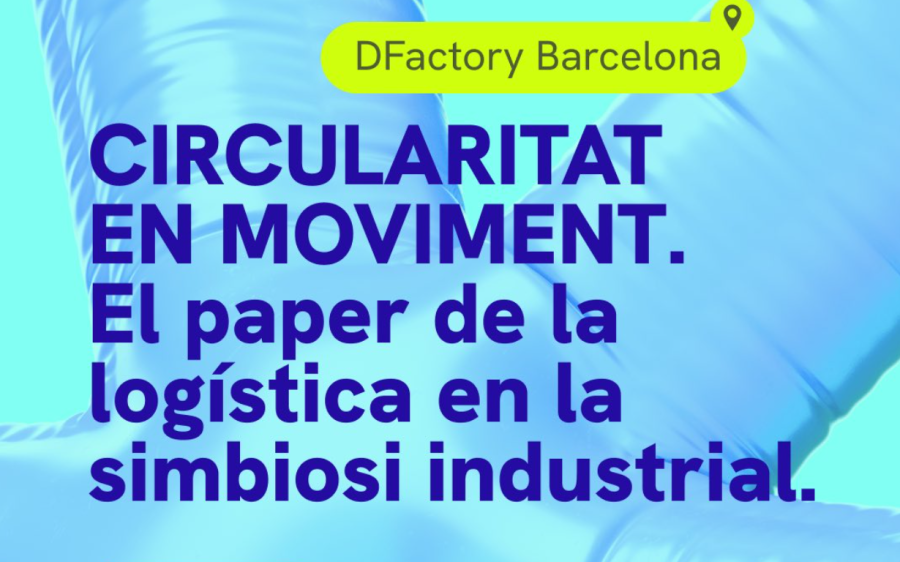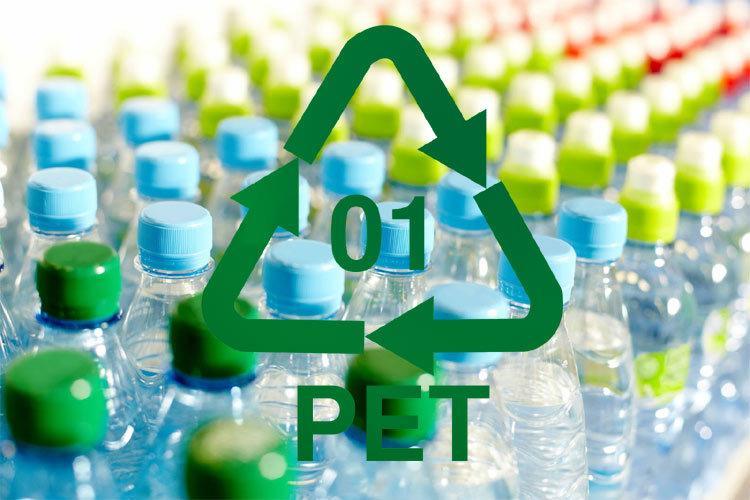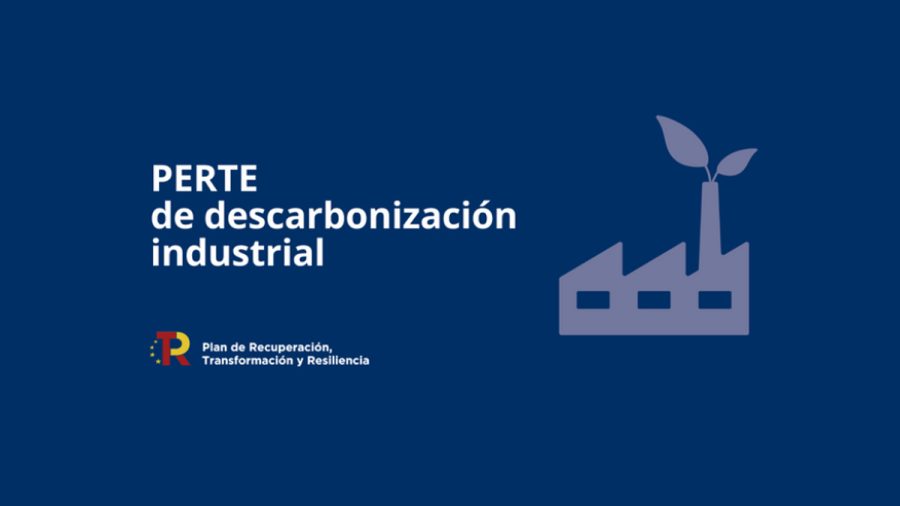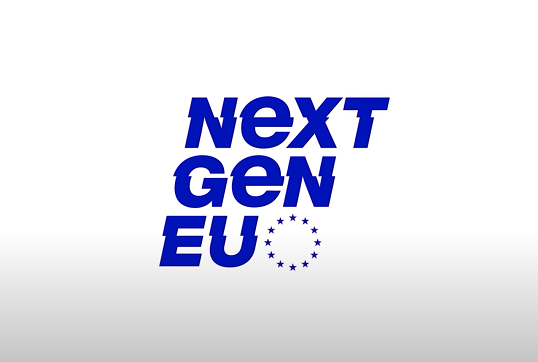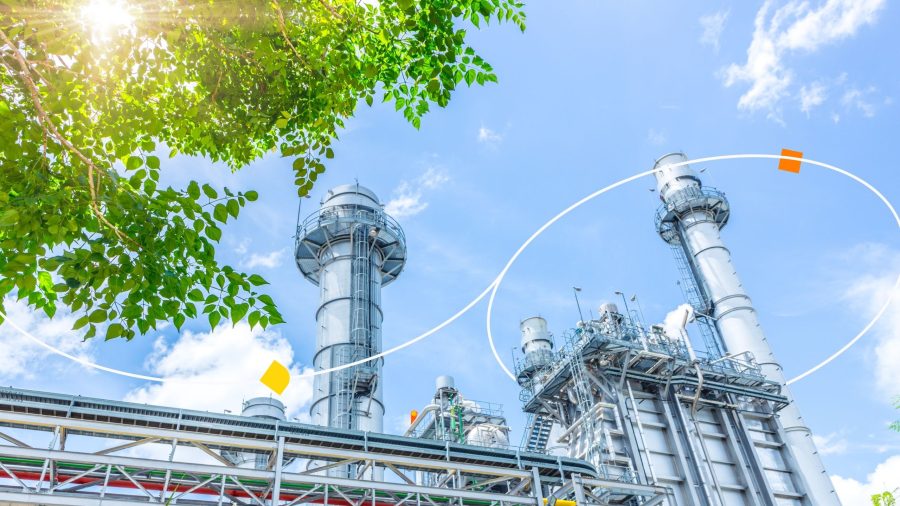Robert Schuman, 69 years ago he said that “Europe will not be built all at once or in a single project: it will be built thanks to concrete achievements, which first and foremost create a de facto solidarity.", Europe continues to be made every day, and its future depends on these concrete actions. Just as the European Union has been built step by step, the Circular Economy will be constituted in a similar way, as the linear model is being abandoned little by little. Europe, therefore, has set a course towards the Circular Economy, which is here to stay and which must be placed at the center of European policies in the coming years.
EU strategy for plastics in a circular economy: It is the first strategy of its kind created at international level. To boost the market for recycled plastics, the Commission has launched a voluntary commitment campaign. Dozens of companies have already made commitments, which will increase the market for recycled plastics by at least 60% by 2025. To close the gap between supply and demand for recycled plastics, the Commission launched the Circular Plastics Alliance, made up of key industry stakeholders supplying and using recycled plastics.
More recently, the agreement reached with the Council to ban single-use plastics was approved in the European Parliament. from 2021The products that will no longer be marketed from this date they will be:
• disposable plastic cutlery (spoons, forks, knives and chopsticks),
• plastic plates disposable,
• straws,
• cotton buds for ears made of plastic,
• plastic pallets to hold balloons, i
• oxo-degradable plastics (plastic breaks down into tiny particles, but in a first phase they cannot be assimilated by plants) and food containers and polystyrene cups
There is currently a draft and it is expected that a directive on single-use plastics will be adopted in the coming months that will develop these issues in more depth. For now, it is expected that adopting these measures will “reduce the environmental damage bill by 22 billion euros, which is the estimated cost of plastic pollution in the EU until 2030.”.
Innovation and investments: The Circular Economy Financial Support Platform has developed recommendations to improve the financeability of circular economy projects, coordinate financing activities and share good practices. The Platform will collaborate with the European Investment Bank by providing financial assistance and exploiting synergies with the Action Plan for Financing Sustainable Development.
• Conversion of waste into resources: In June 2018, revised waste regulations came into force, including new recycling rates or a clarified legal regime for recycled materials and reinforced waste prevention and management measures, including marine litter.
• Circular design and production processes: By implementing the Ecodesign Working Plan 2016-2019, the Commission has further promoted circular product design, as well as energy efficiency targets.
In addition to the measures adopted under the Action Plan, the EU has been developing a series of complementary actions in recent years aimed at implementing the circular economy, including funding programmes for innovation and research in the circular economy, which, together with those relating to improving product design, are the pillars for generating a sustainable economy. Thanks to programmes such as Horizon 2020, LIFE or COSME, research projects on climate change, sustainable cities, or support for SMEs in their transition to circular business models have been funded.
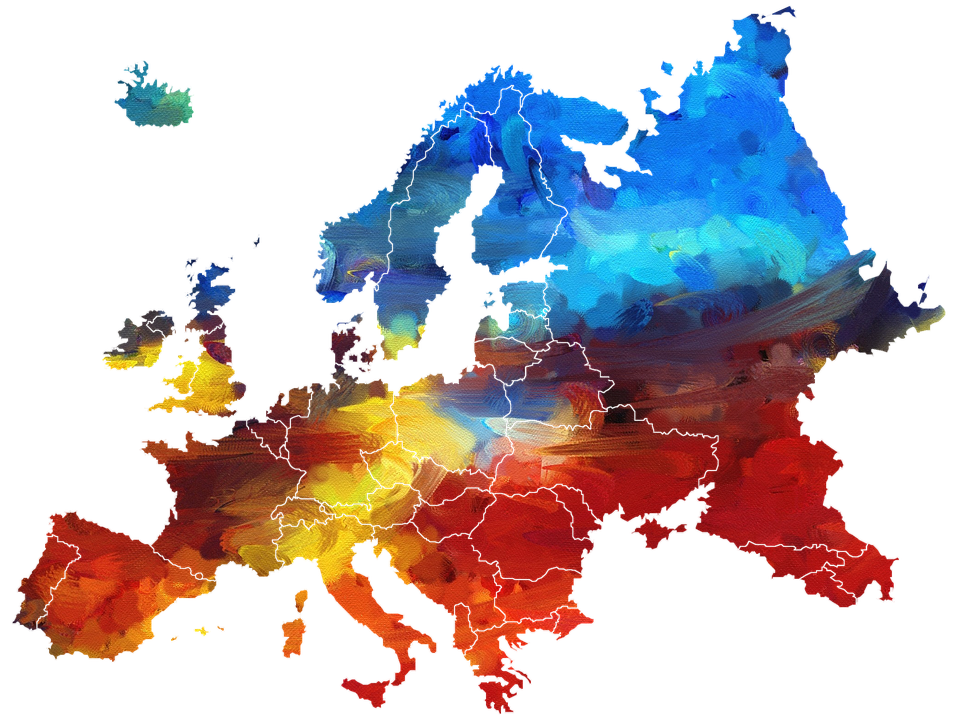
Similarly, with the creation of the European Fund for Strategic Investments (the “Juncker Plan”), aimed at “boosting long-term economic growth and competitiveness in the European Union”, around 315 billion euros have been mobilized in investments aimed at achieving the optimization of resources in certain sectors that have suffered the greatest cuts in investment, such as the bioeconomy, precision agriculture or hydraulic infrastructure.
Despite all these and other measures that the EU has adopted, and that the circular economy is already an irreversible trend, the road is still long and, without going any further, the continent's ecological footprint remains enormous, as WWF denounced this May, in its report "Living beyond the limits of nature in Europe", in which it reports how Europe has consumed its natural resources for all of 2019 in just four months, which translates into a production rate equivalent to 2.2 Planets.
Similarly, the skepticism and understandable fear of certain sectors that see themselves threatened by the speed with which changes are advancing and the lack of will of certain political groups mean that Europe still encounters important obstacles on its path towards transition.
The challenges that Europe must face, in this sense, are still numerous and important. The primitive EU, whose origins go back to the first European Communities, was born to unite Europe, to rebuild the continent from the desolation caused by the War and, the engine that inspired it, changed it and the path by which reconciliation was consolidated, was the economy, the implementation of common policies and mechanisms through which the Founding States and those that have since joined shared resources, knowledge, workers, projects and ideas, until the EU became what it is today, much more than a market union.
Currently, when Europe is still recovering from the latest crises it has gone through and when, although the social tension and confrontation between its states is very far from resembling those experienced in the times that led to the creation of the European Communities, they have come to compromise the survival of the EU, the Continent needs a new incentive, a stimulus that manages to bring confidence and hope back to Europeans and, once again, the economy, this time with its renewed circular vision, with all the benefits it aspires to achieve, must be the one that makes it possible. This May has also been the month of elections to the European Parliament, and we will soon know what the next configuration of the European Commission will be, we hope that the executive and legislative bodies of the Union become aware of the importance of the transition towards a circular economy and that they continue to work to consolidate us as world leaders in this regard.


